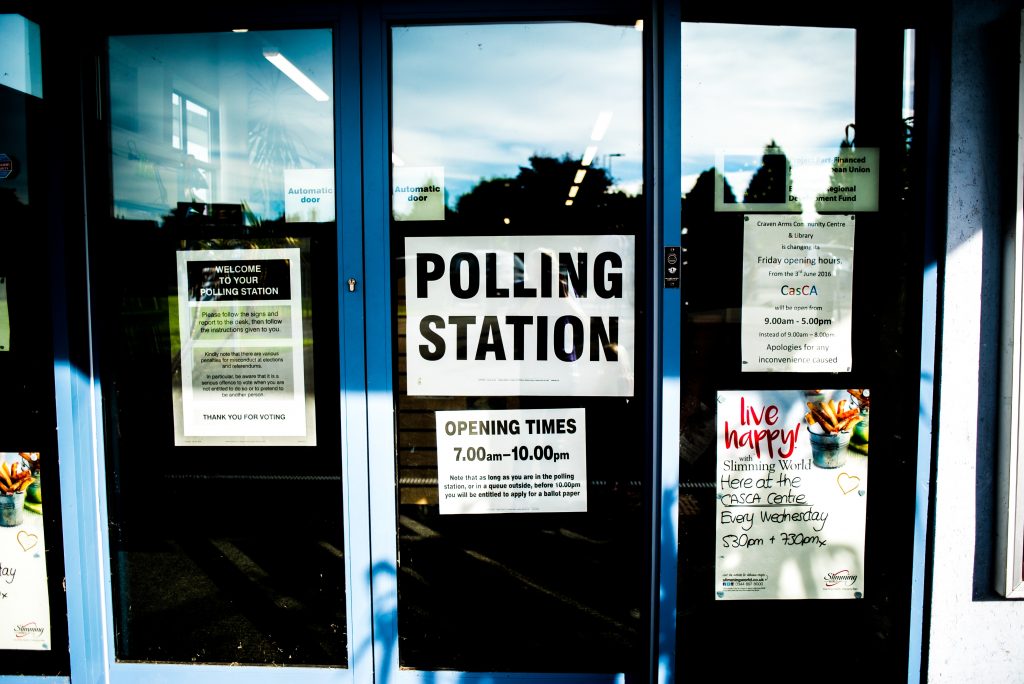6th November 2023
Listen
Listen

On Thursday 12th December, British voters will be given the opportunity to decide on who they want to lead the country going forward, after years of Brexit uncertainty, in a General Election. With the majority of undergraduate students being too young to have voted in the 2016 Brexit referendum, there is an entire cohort of university undergraduates all around the country who feel they were not given the opportunity to have their voice heard three-and-a-half years ago. This is our first opportunity to have our say on Brexit. The election is scheduled to take place the day before the University breaks up for the Christmas holidays. With that in mind, how can you make the most of your vote?
Students are permitted to register to vote at both their term-time address and their home address, provided they are in different constituencies. However, it is a criminal offence to vote more than once on Election Day. In order to ensure you will be eligible to vote by 12th December, you must have registered by Monday 25th November. Students who will still be at their term-time address on 12th December but would prefer to vote at their home address, or vice versa, may apply for a postal vote.

In the UK, we do not vote directly for a Prime Minister. The UK is divided into 650 distinct constituencies, each voting for a Member of Parliament (MP) to represent them. These MPs are usually affiliated to a political party. However, they can stand as independent candidates. The party with the most MPs will generally form either a majority government, a coalition government or a minority government. The leader of the party with the most MPs will become Prime Minister.
Some constituencies are ‘safer seats’ than others. This means that they hold a secure majority support for an MP of a particular party, and consequently they will be confident of retaining that seat in a General Election. Other constituencies are more marginal, so were previously only held by a very slight majority. These seats are more volatile, so to vote in an MP of a different political party would require only a very small change in voter behaviour. By casting your vote in a more marginal and hotly contested constituency, it will have a greater influence on the outcome of the election.
The Liverpool Riverside constituency encompasses the Greenbank area, parts of the Smithdown area, parts of Kensington and the Knowledge Quarter, where the University is situated. According to the House of Commons General Election 2017 Results and Analysis Paper, this constituency was the third safest seat in the country, with a 74.9% Labour majority. The same paper reported the five safest seats in the country all to be in the Merseyside area, all belonging to Labour. The Riverside constituency also voted convincingly in favour of remaining in the European Union, with around 72.9% voting Remain. Liverpool generally voted 58.19% Remain, 41.81% Leave.

Whilst it is undeniable that Brexit is absolutely at the forefront of the political agenda for the UK at the moment, it is not the only issue facing students, nor the country at large. General Elections decide who will run the country, which will encompass all legislation in and governing of the country too.
It is for you to decide what matters are most important to you and it is crucial for the youth voice to be heard. Voting in your home constituency is likely to give your vote greater leverage, whoever you vote for. The outcome of the 2019 General Election has the potential to define the United Kingdom for many decades to come. Make sure you can say that you used your vote to full effect.
Register to vote at:
https://www.gov.uk/register-to-vote
Check out more Liverpool Guild Student Media news articles here.
Feature Image Credit: Unsplash